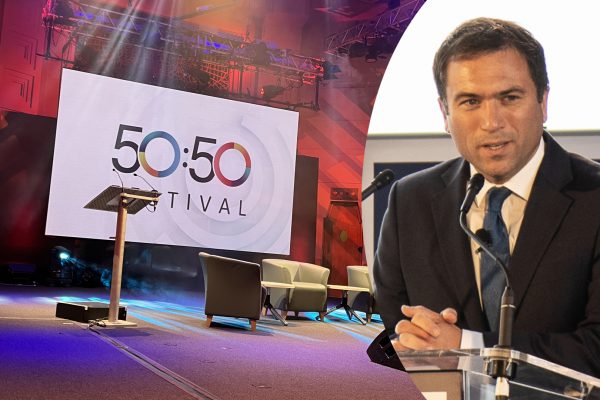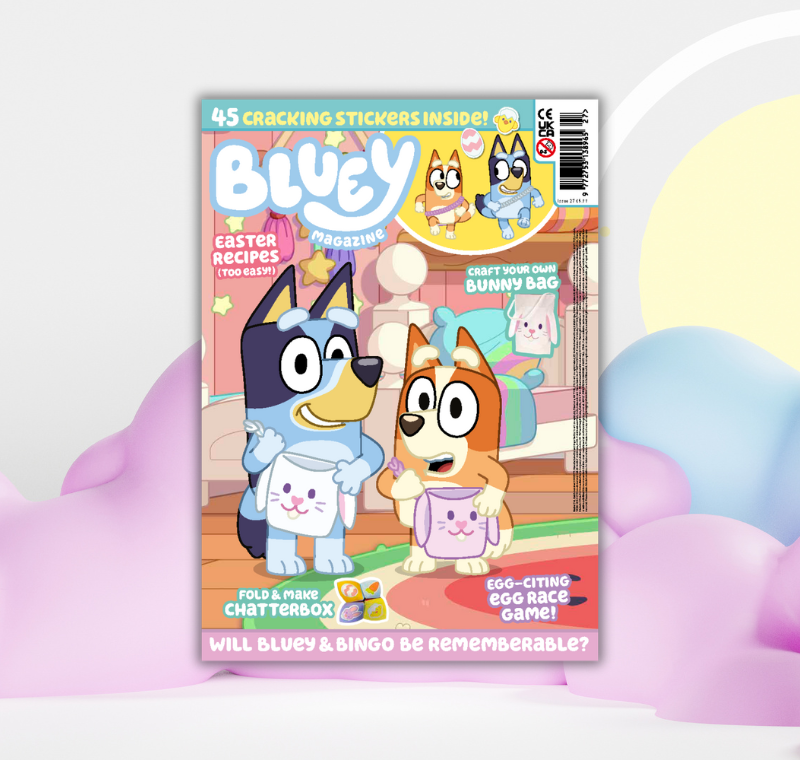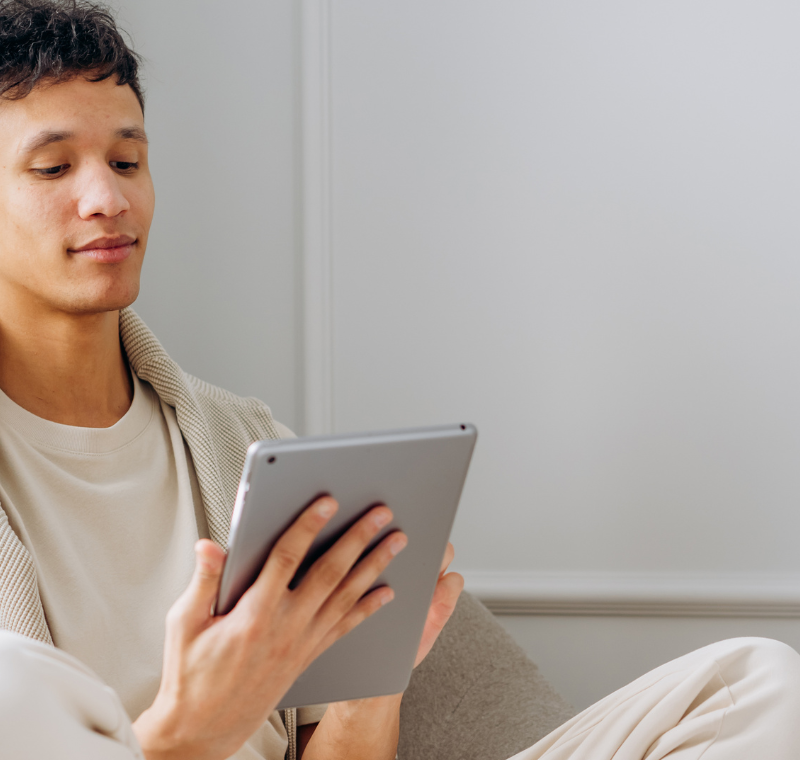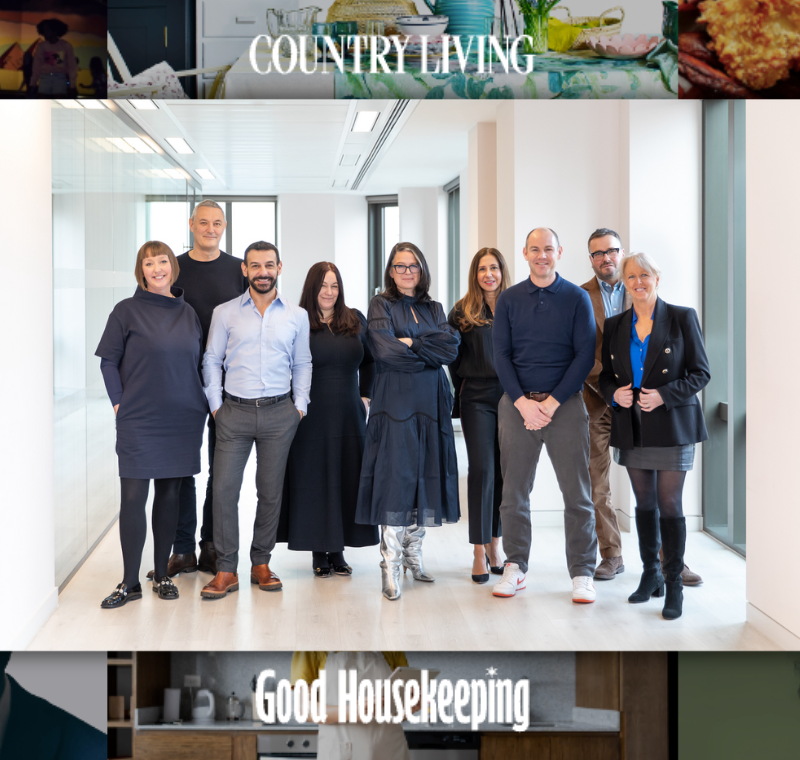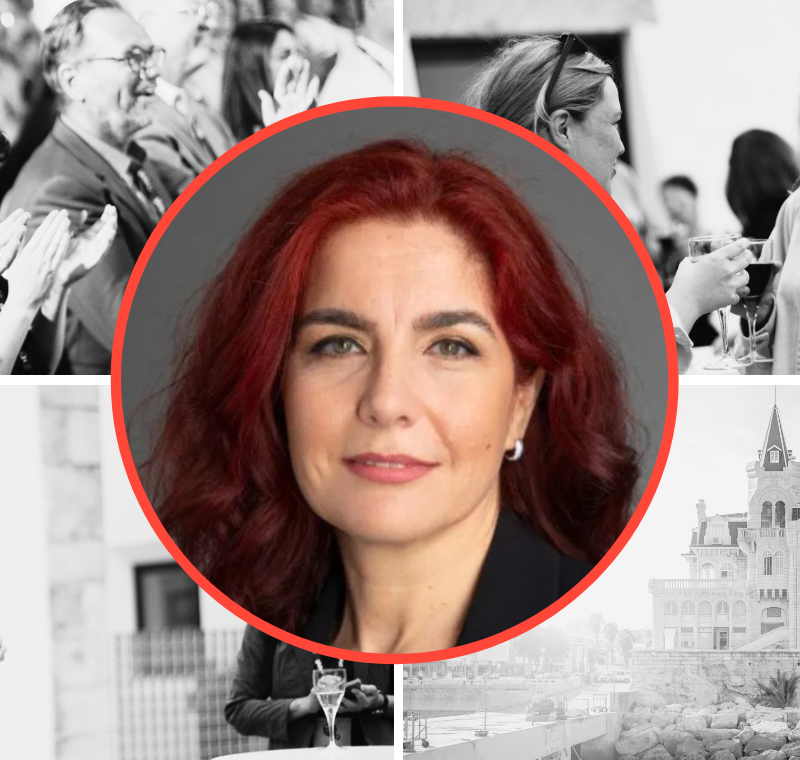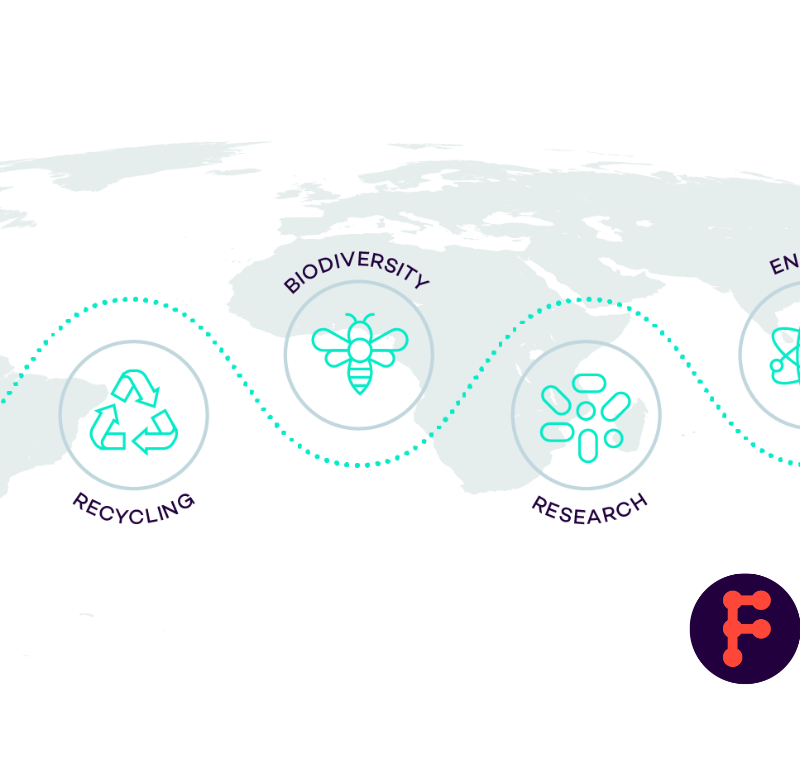“People previously believed in accurate representation, but 5050 provided structure” – Ros Atkins on the growing reach of the BBC 5050 Project
Last week, the BBC 5050 Project announced the results of its latest Impact Report, showing strong progress on disability and ethnicity representation in addition to the gender equality objective with which it began. At a special ceremony at Broadcasting House, London on Tuesday 26th April, 5050 Founder Ros Atkins, spoke about just how far the initiative has come.
“There was a sense that the starting idea could grow into something bigger,” the Outside Source Presenter told a packed-out BBC Radio Theatre, “but of course, I didn’t imagine it would become anything like this. It’s completely overwhelming.”
One thing we have looked at previously is the simplicity with which the 5050 Project can be – and has been – implemented. Atkins highlights this as one of the initiative’s great strengths, bringing structure to what has at times in the past felt like a more intangible goal.
“Certainly in my case, I had wanted to do things better in this area for some time, but wasn’t quite sure how to do it. So I think 5050 has helped provide some sort of structure and a framework. People believed in accurate representation a long time before this initiative came along, but it provided that structure.”
“We knew we needed more evidence that more diverse content could be done. And we knew that we couldn’t begin to have better conversations about it until we had the facts, so while it is overwhelming it’s obviously also hugely rewarding that the idea grew into something more, and inspired people further down the chain to adopt change.”
“Plus, this is something that ended up creating a spirit of amicable competition in the newsroom, which has encouraged us all to do better.”
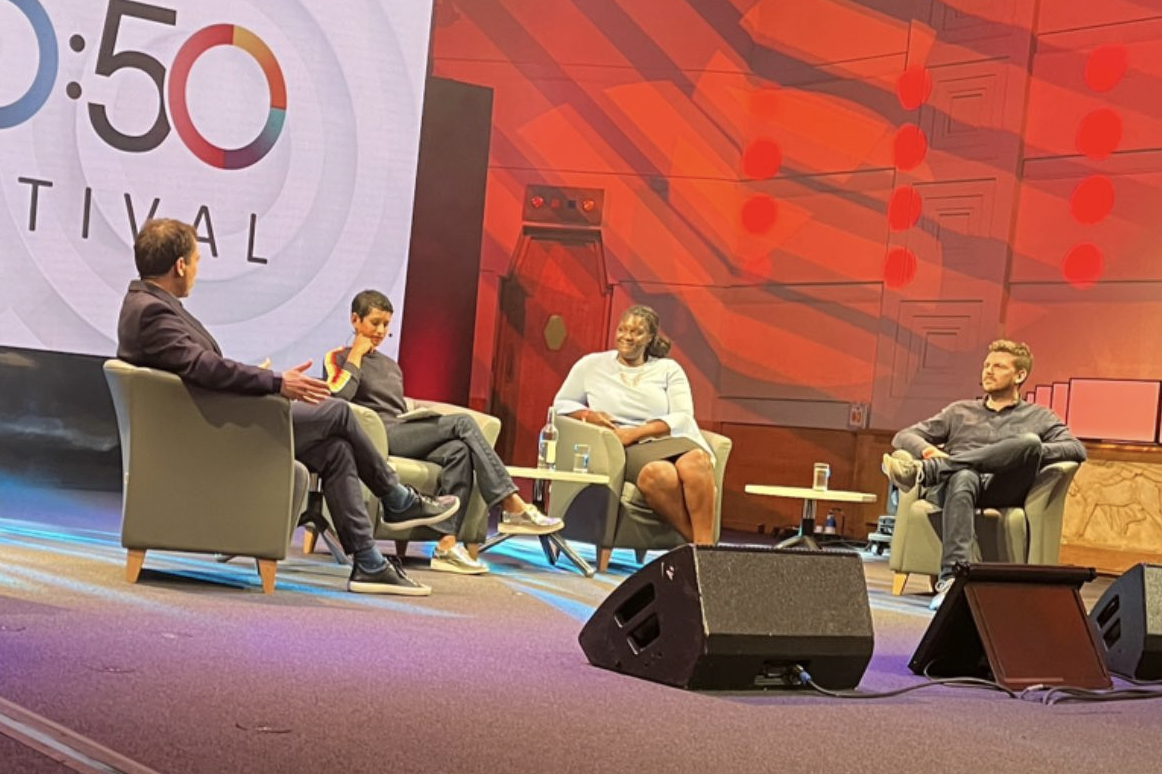
For a movement that has only been around for a relatively short time, the 5050 Project has already clocked up some big moments. But as Atkins himself testified at the event, the publication of its latest set of results undoubtedly represents the biggest.
“This is a huge moment for all of us, and there have been a number over the years. I remember when we did the first challenge month in 2019 for example, and suddenly realising that everything had become very real. But this right now given everything we have achieved thusfar is undoubtedly the biggest.”
Outgoing BBC Head of Diversity and Inclusion, Miranda Wayland (who is leaving to join Prime Video/Amazon Studios), added:
“5050 is a phenomenal tool that transcends the BBC, and being able to demonstrate balance within your organisation and reflect that back to your audiences is such a powerful thing. This is pivotal not only for the BBC, but sends a strong message across multiple sectors that if you’re thinking about embarking upon an equality journey, then gender equality is key, because women represent 50% of the population.”

